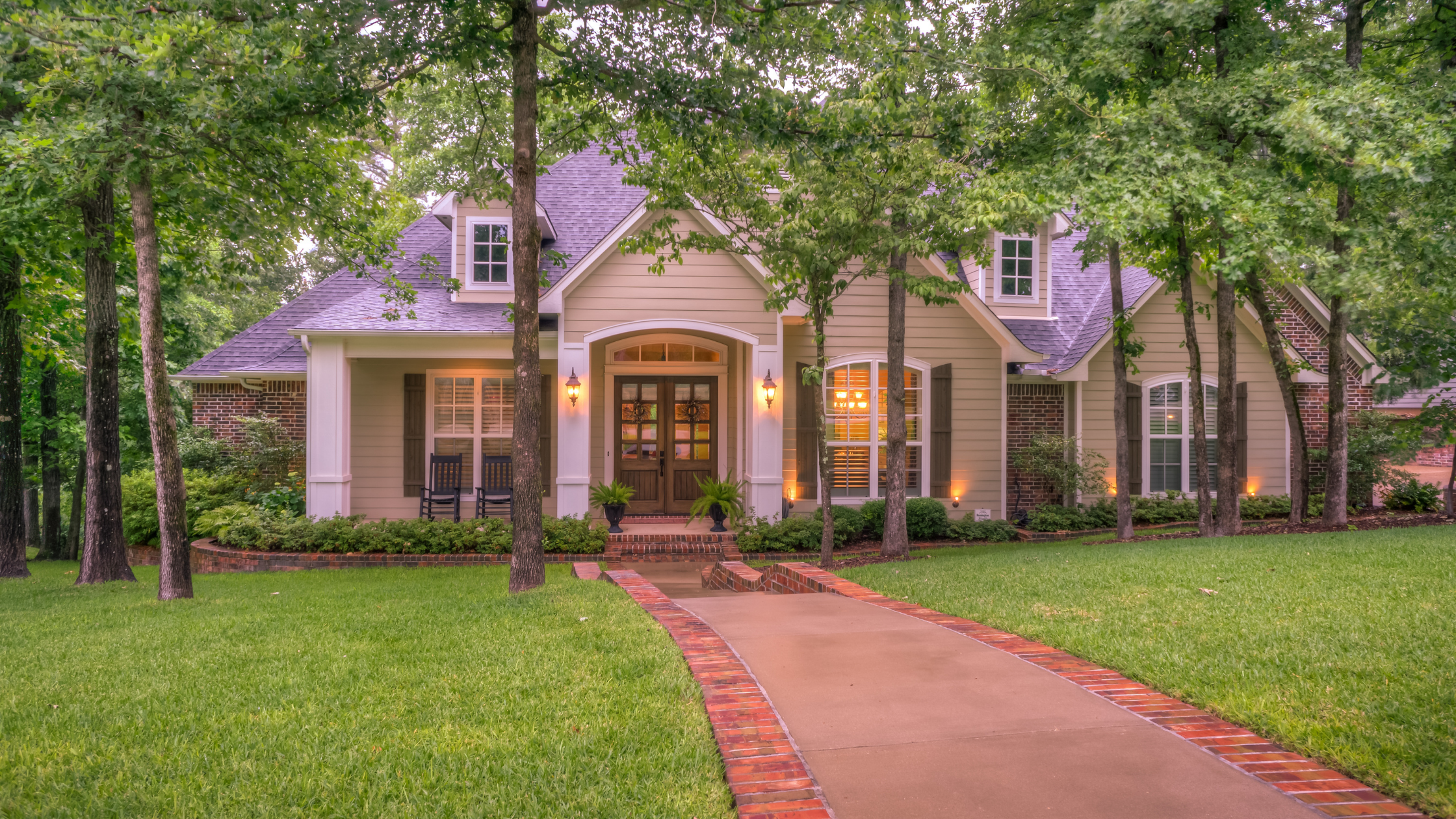First Time Home Buyer Tips: 5 Factors That Influence A Home’s Value
August 5, 2021
An accurate valuation of a home can help in deciding whether you want to make an offer or not. But, learning how to estimate the value of your potential home is a tough ask, even when you have experience in the real estate market. There are many factors to consider.
Now the question is – what should a home buyer consider when evaluating a house?
We have prepared a list of important factors that will answer your question. Take a look:
Factors That Influence A Home’s Value
1. Neighborhood And Location
Location is the number one factor that determines the value of a property. A home nestled in a good all-around neighborhood will have a slightly higher price compared to homes located in the not-so-good neighborhoods for obvious reasons.
For instance, the three prime indicators that play a role in determining the pricing of a house are:
- Access to recreational centers, shopping malls, and entertainment
- Quality of local schools
- Employment opportunities in a particular area
- Crime rate
In addition to this, proximity to local highways can have a big impact on the pricing of homes in a neighborhood.
Check out our post on how to spot a good neighborhood to make your home search a lot easier.
2. Size And Livable Space
The size of a home and the usable space it has are two different things. Remember, areas of the home like a garage, or an attic, or even an unfinished basement are never counted in the usable space of the home.
What this means is that if you have a 2000 square foot home, with a 400 square foot garage, then the livable space would be 1600 square foot. So, the home will be valued according to this livable space only.
Even when it comes to livable space, bedrooms and bathrooms are valued the highest. Generally, the more bedrooms and bathrooms, the higher the value of the property.
3. Neighborhood Comparable
Two houses can never be the same but they can be similar.
Neighborhood comparables are houses in a neighborhood that are similar to the house you intend to buy in terms of size, structure, age, amenities and similar other factors. Real estate professionals rely on neighborhood comparables to predict an estimate for the house that you are looking to buy.
Here’s some advice for finding comparable homes:
- Check out the recently sold homes in the neighborhood
- Compare similar features like number of bedrooms and bathrooms, livable space, year built, and so on
- Location of the home, like waterfront or busy street
Compare at least a couple of houses to get a holistic idea about the values of the houses that you’ve chosen in any neighborhood.
4. Home upgrades
The age of a property is a massive factor in determining its price. That’s because critical parts of the home like roof, plumbing, and electrical fitting all become prone to damages and break down after a particular age. Hence, it can be an added expense to you as a home buyer.
At the same time, if the current homeowner has made a major upgrade then it can add value to the home. For instance, a home with custom-made kitchen cabinets, expensive hardwood floors, and high-end finishing is bound to be priced a lot more than the same home with store-bought kitchen cabinets, regular laminate flooring, and no upgrades. Similarly, upgrades in electronic equipment like appliances, kitchen countertops, and light fixtures can also take the price a notch higher.
5. The Real Estate Market
Whether it is a buyer’s market or a seller’s market the real estate itself can have a massive impact on the price of a property.
If you are wondering what a buyer’s or a seller’s market is, then here’s a basic idea:
A real estate market where several buyers are competing for a few homes is said to be a seller’s market. And, if it is the opposite i.e. few buyers with many homes is considered to be a buyer’s market.
Obviously, in a buyer’s market, you will have better room for negotiation compared to a seller’s market. Days on Market, or DOM, is a factor that can help you figure out whether it is a buyer’s or a seller’s market. DOM is the number of days a house has been active on property listing, or available for sale in the market.
A market with many homes having DOM numbers on the higher side indicates that it’s a buyer’s market. You must consider this factor when evaluating the home you are planning to buy in any neighborhood.
Final Thought
Those were some common first-time home buyer tips that you must keep in mind when assessing the accurate price of a home. Although a good real estate agent should be able to assist you in this regard, it’s always a good idea to have knowledge of how things work.
All the best!

